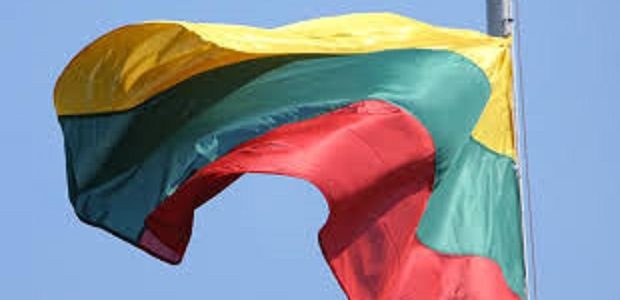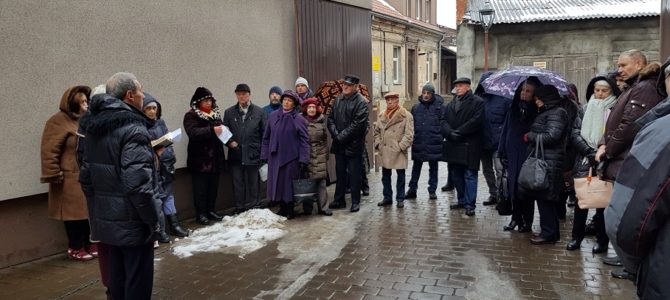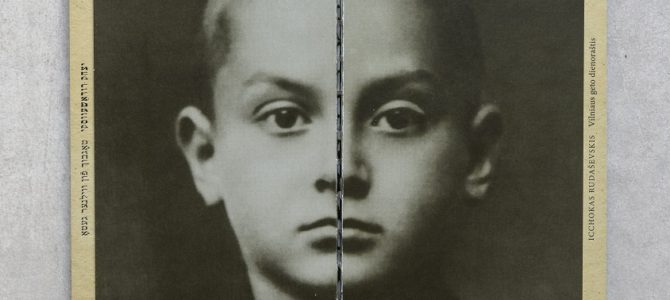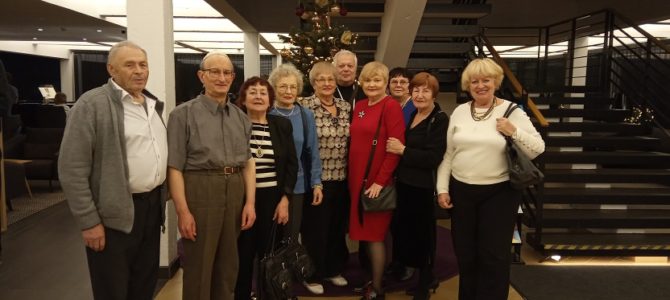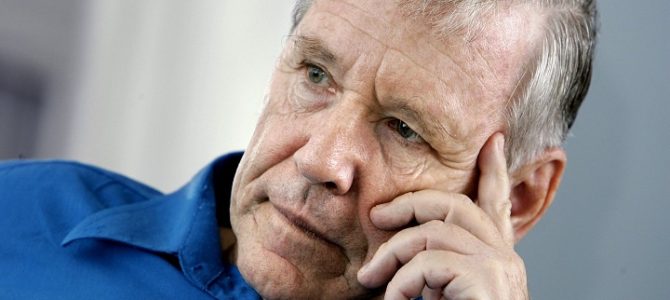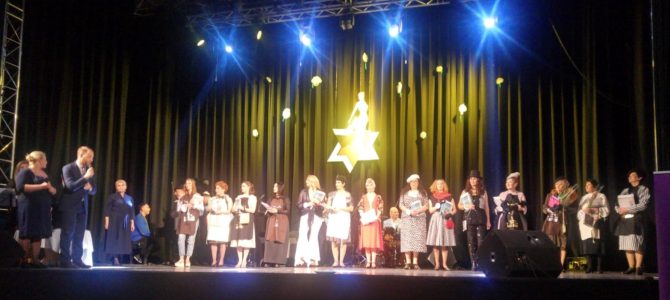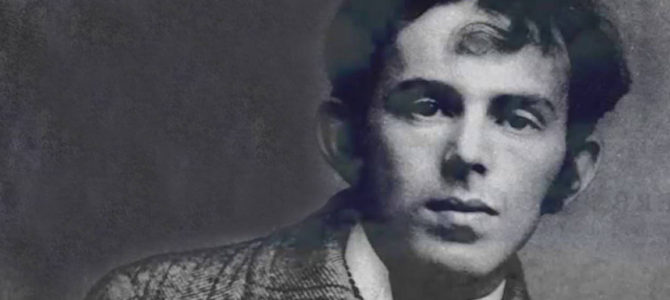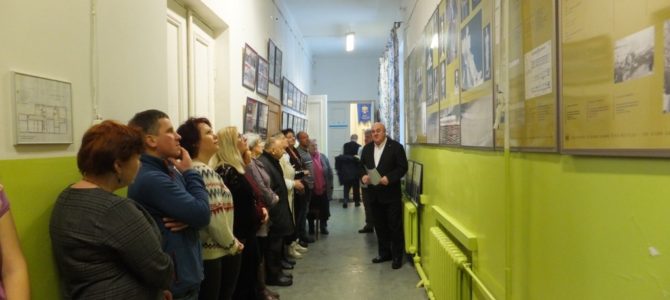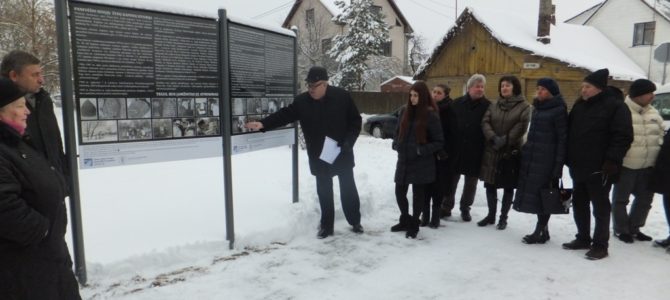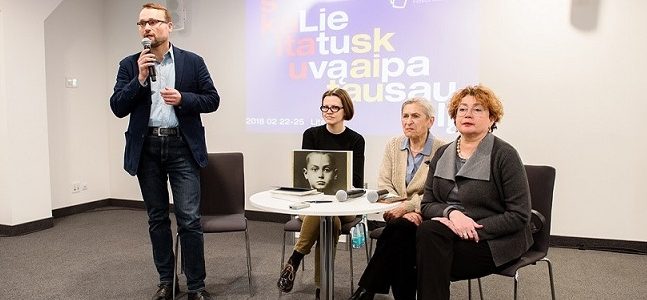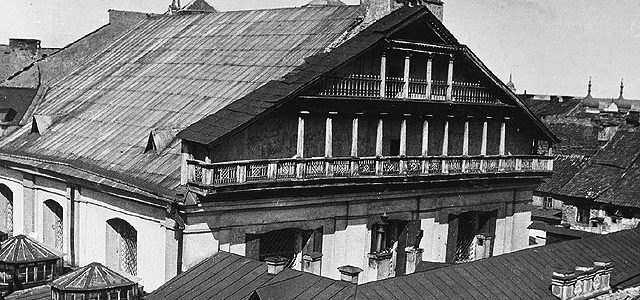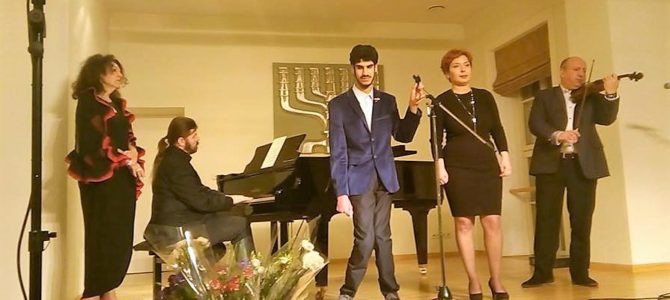On January 1 every year a ceremony is held to replace the Lithuanian flag on the tower on the hill of Gediminas in central Vilnius, to mark Lithuanian Flag Day. Traditionally, the older flag is given over to the protection of one of the Lithuanian schools which has been noted for teaching civics and preserving historical memory.
The modern Lithuanian tricolor, the symbol of the independent Republic of Lithuania, was first raised on the tower on January 1, 1919. It was flown by a group of Lithuanian volunteers led by Vilnius city commandant Kazys Škirpa. The raised flag was saluted with gunfire and the volunteers sang the national anthem.
Today a small road next to the hill of Gediminas is named after Kazys Škirpa. For several years now the Lithuanian Jewish Community has been petitioning the municipality of Vilnius to change the name of the street named after a Holocaust perpetrator. The LJC’s position is quite clear: Kazys Škirpa Alley needs to be renamed if only to show respect for all the citizens of Lithuania.



















